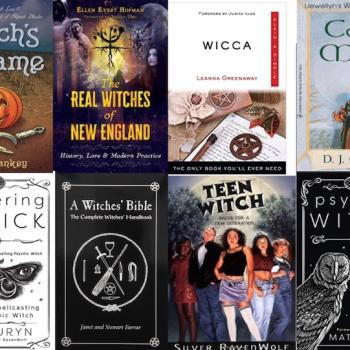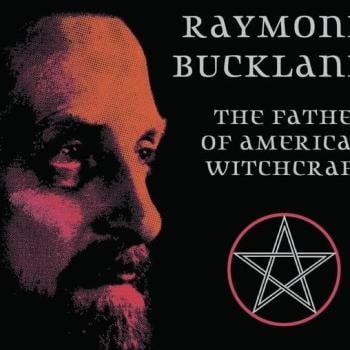Nothing like starting your day and seeing this sort of message on Reddit:
“Hey everyone! I have been desperately trying to find sites to read witch books free or without any additional financial burden but luck isn’t by my side. Does anyone know any websites, links or books that are completely free?”
Not surprisingly the second response in the thread provided a link to a website offering (free) pirated books about Witchcraft. It’s rather disheartening to find out that many of your fellow Witches are thieves, and thieves with no remorse.
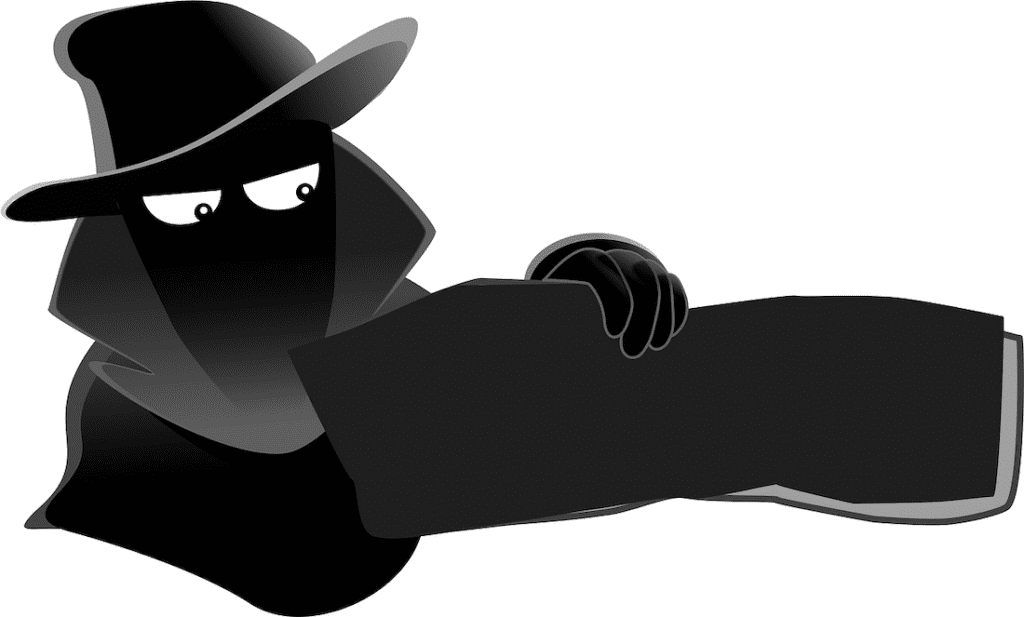
Piracy truly hurts authors, especially Witchcraft and Pagan authors. Writing Witch books is not a particularly lucrative job, in fact, most people who write books do so on the side. If I had to rely on my royalties to put food on the table my wife and I would mostly be eating ramen noodles.
I understand how financial hardship might make someone want to download a book illegally. It’s a tough world out there, and many people who work full time come nowhere close to earning living wage. I can see why it would be tempting to download (steal) something in those circumstances. But I’m guessing the people stealing books online don’t steal food from their local grocery store, or sneak a package of toilet paper out of their local Target. Why do people feel it’s OK to steal one thing and not the other?
Stealing a book is not a victimless crime, especially when it’s from a Pagan/Witch author writing for a speciality publisher like Llewellyn or Samuel Weiser. Let’s look at who people are hurting.
THE AUTHOR
I’m an author, I’ve written seven books. On average I take home about a dollar (and often less!) per book sold. That would be great if I were selling 50,000 books a year, I don’t sell anywhere near that amount. Print runs for most Witchcraft and Pagan books are small, just a few thousand copies, and from there you can do the math.
Writing is hard work too, and that’s something people seem to overlook. I’d love to be able to crank out books in two weeks, but I spend months writing a book, that’s time and energy that I could be spending on something else. When people steal a book from me they are basically saying my time and energy are worth absolutely nothing. (Thanks!)
In addition to the time and energy I put into my writing, I also have to invest in things that cost me money. When I think of expenses the first thing that comes to mind is “research materials.” To write a book often requires buying and reading a whole host of other books. Many of those books are not cheap either. I once spent 70 dollars on a glorified pamphlet so I could accurately quote Aleister Crowley, just yesterday I spent fifty bucks on an academic book for another book project. All that adds up.
If you were to add up my expenses, plus time, I probably come out in the hole for the first year or two of a book’s life in print. The hope is that later sales will actually turn a little profit for me so I can . . . . buy more books so I can write more books. Rinse and repeat.
I’m very lucky, I’m in a good financial situation and I’m not going to starve or miss my rent payment because 200 people stole my books. But that’s not the case for everyone who writes in our community. Some people are relying on their book sales to keep a roof over their heads. But hey, someone needed to read Weave the Liminal today and doesn’t really give two shits about Tempest and how hard she works.
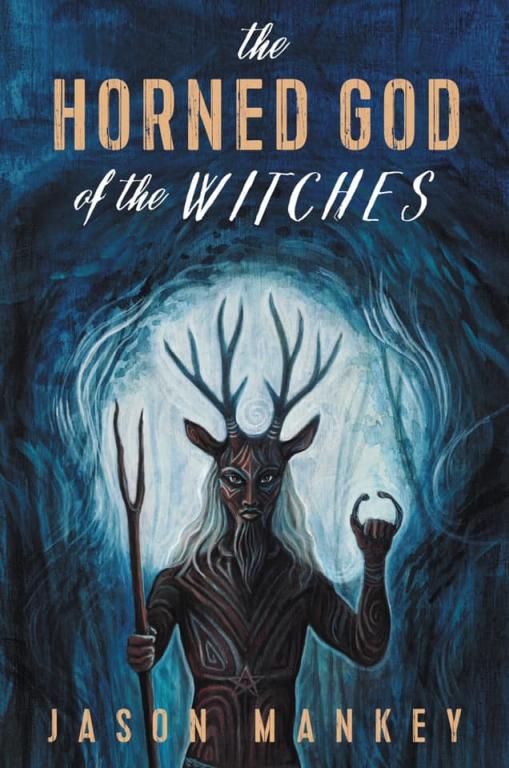
PUBLISHERS
When a book is released several dozen people besides the author have worked on it. There are the editors who help shape the book and clear up confusing sentences and find the numerous typos that plague so many writers. There’s the folks who do the layout who make that PDF you’ve stolen look oh so nice! Artists design and draw the cover, and all the interior illustrations.
There are also lots more people behind the scenes working on those books. There are people running printing presses, and loading and unloading boxes of books in the warehouse. There are accountants keeping financial records, and people whose job it is to write contracts for authors. These are all hard working people who deserve our respect. When a book is stolen the thief is saying “these people don’t matter.” The only people subsidizing publishers like Llewellyn are us, the readers of their books.
WITCH SHOPS
I believe that Witch shops are vital pieces of infrastructure in our communities. Witch shops offer networking opportunities, workshops, practical advice, and a dozen other things. To keep their doors open they need to sell stuff, books figure into that equation.
Most of us who frequent a particular shop have strong attachments to the people who work there. Stealing books does not help those folks. When a book is stolen, it’s not just the author who suffers, it’s everyone in the eco-system.
WHAT YOU CAN DO & ALTERNATIVES
So if you run across a site giving away or selling pirated books, what can you do? The easiest thing is to alert either a writer or a publisher directly. I’ve said this many times, “our community is small” so small in fact that you can easily reach out to an author or publisher. Send them a message, tag them on Twitter, or share your discovery of piracy in a group. Eventually the right people will find that information.

And many publishers have links that allow you to directly report book thieves. I use Llewellyn’s “report piracy” link far too frequently. On the plus side it’s easy to use!
The saddest thing about book piracy is that there’s plenty of valuable free information online! Websites such as Sacred Texts have free copies of essential Witch reading like Leland’s Aradia: Or the Gospel of the Witches and Margaret Murray’s Witch-Cult in Western Europe. Both Aleister Crowley’s and Dion Fortune’s works entered into the public domain a couple of years ago, that’s years worth of free reading that doesn’t hurt anybody! (Assuming you aren’t reading a pirated copy of a recent edition, remember, someone laid out the text, did the editing, came up with the cover, etc! In the case of Crowley, Lon Milo DuQuette probably wrote the introduction.)
Also, your local library is a great source for free books. Many of them actually stock Witchcraft and Pagan titles, and if they don’t have what you are looking for, many libraries will track something down for you. University libraries are another source, maybe you can’t check out materials, but you can spend a day in the stacks reading whatever appeals to you.
There’s also simply a ton of information online now outside of books! I’m a fan of Patheos Pagan, but there’s tons of other blogs and resources. Also, websites like Amazon offer generous “sneak peaks” of books, often letting you read the first 60 pages of a book without buying it. Get a head start on what you want to read, and then save up to read the rest.
Also, most authors are pretty nice. In dire financial straits and want to read something? Some of us will actually give away books depending on the circumstance.
Find Jason Online
The Horned God of the Witches
Transformative Witchcraft: The Greater Mysteries
The Witch’s Wheel of the Year: Circles for Solitaries, Circles, & Covens
Raise the Horns on Facebook Jason’s Twitter
Pictures Of My Cats & Sunflowers on Instagram
Witches, Whisky, & Wit (Podcast)
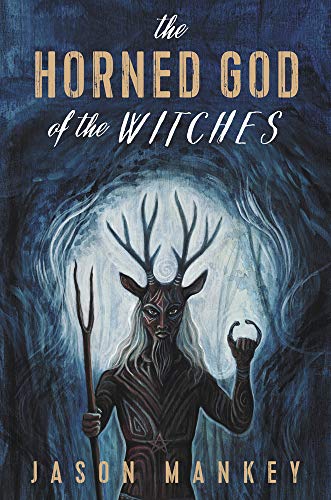
The Witch’s Wheel of the Year: Circles for Solitaries, Circles, & Covens
Raise the Horns on Facebook Jason’s Twitter
Pictures Of My Cats & Sunflowers on Instagram
Witches, Whisky, & Wit (Podcast)

Pictures Of My Cats & Sunflowers on Instagram









